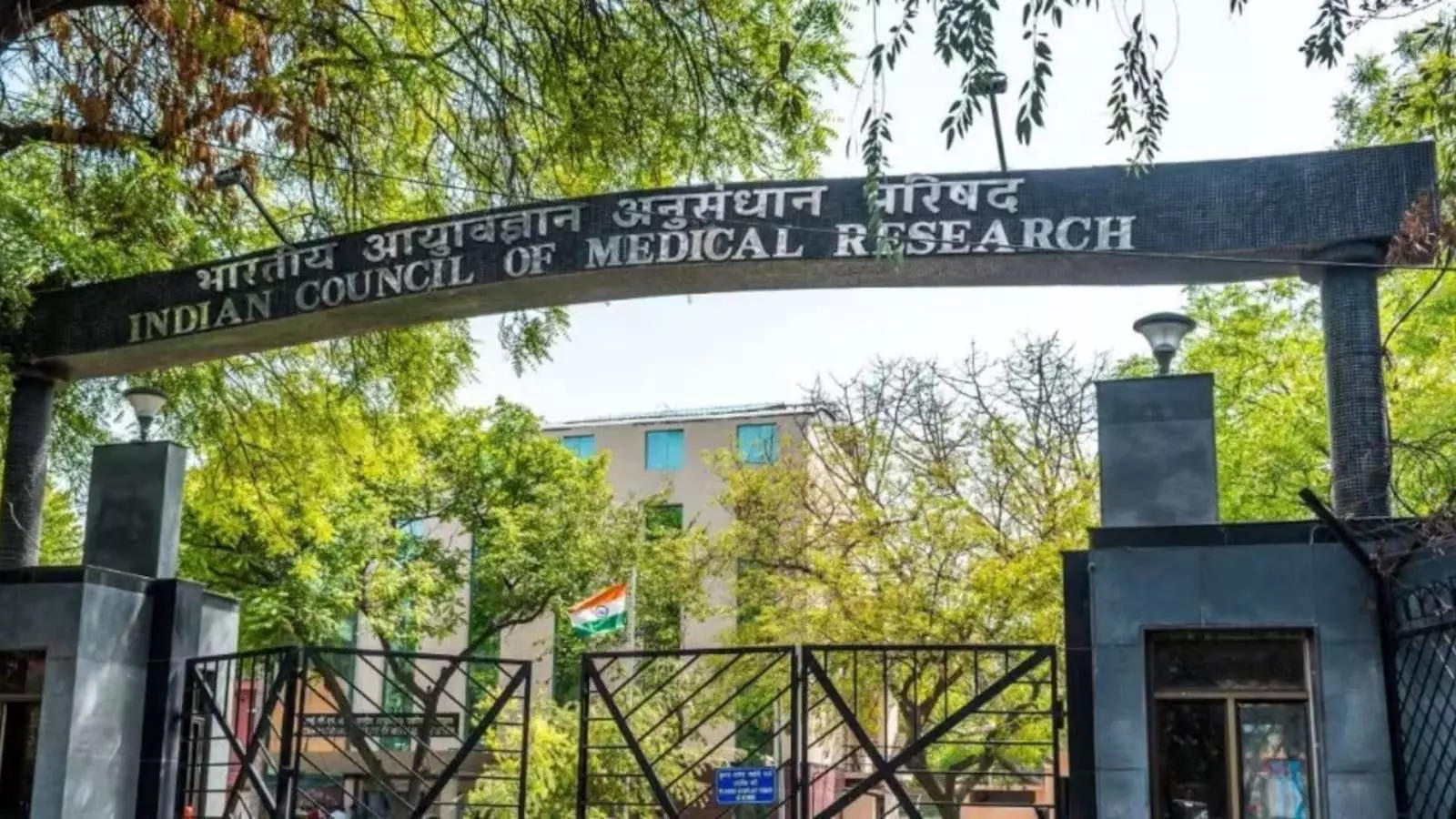
New Delhi: The National Institute of Nutrition (NIN) of the Indian Council of Medical Research (ICMR) has released dietary guidelines for Indians shedding light on the commonly practiced intake of protein supplements, especially among the youth.
In the 148-page guidelines, the ICMR has warned against consuming protein supplements to increase body mass, a common fitness trend set by youngsters. Protein supplements have become increasingly popular among people looking to improve their athletic performance, support muscle growth, or meet their daily protein needs.
ICMR guidelines on protein powders
Emphasize whey protein, which is rich in branched-chain amino acids, or BCAAs. These BCAAs are linked to an increased risk of non-communicable diseases.
Branched-chain amino acids (BCAAs), such as leucine, isoleucine, and valine, play a vital role in protein synthesis, muscle repair, and energy production.
BCAA supplementation is popular among athletes and bodybuilders to enhance muscle growth, improve exercise performance, and reduce fatigue. Research suggests that BCAAs may also benefit people with liver disease, improve insulin sensitivity and aid in weight loss. However, excessive intake can lead to adverse effects such as insulin resistance and disruption of neurotransmitter balance.
Although protein supplements or protein powders are obtained from plant sources such as soy, the ICMR warns against additives used in them for commercial purposes. Added sugars, artificial sweeteners and flavorings reduce the health benefits of protein powders.
“An appropriate combination of grains: legumes in a ratio of 3:1 or replacing 30g of the recommended level of legumes with 80g of meat per day would improve the quality of protein to meet the needs of a normal person,” he said. ICMR.
Potential health risks to know if you consume protein supplements
Apart from this, we understand what are the other potential health risks associated with consuming protein supplements:
While protein supplements may be beneficial for some people, they also carry potential health risks that should be considered before incorporating them into the diet. Here are some of the potential health risks associated with using protein supplements:
Consuming large amounts of protein, especially from protein supplements, can put excess strain on the kidneys. The kidneys are responsible for filtering waste products from the blood, including byproducts of protein metabolism such as urea and ammonia. High protein intake increases the workload of the kidneys, which can lead to kidney damage or dysfunction over time, especially in people with pre-existing kidney conditions.
Protein metabolism produces urea, which is excreted by the kidneys in the urine. Excreting excess urea requires additional water, which leads to increased urine production. If adequate hydration is not maintained, excessive protein intake can contribute to dehydration, which can have negative effects on overall health and athletic performance.
Some protein supplements, especially those containing whey protein or casein, can cause digestive discomfort such as bloating, gas, diarrhea or constipation in some people. These symptoms may be due to lactose intolerance, sensitivity to certain protein sources or the presence of added ingredients such as artificial sweeteners or thickeners.
Relying heavily on protein supplements to meet daily protein needs can lead to nutritional imbalances in the diet. Whole food sources of protein, such as lean meats, poultry, fish, eggs, dairy products, legumes, nuts and seeds, provide not only protein but also vitamins, minerals and other essential nutrients that are important for health general Excessive consumption of protein supplements at the expense of whole foods can lead to inadequate intake of other essential nutrients, leading to nutritional deficiencies over time.
While protein supplements are often marketed as an aid to weight loss or muscle gain, consuming excessive amounts of protein can contribute to weight gain if calorie intake exceeds energy expenditure. Protein supplements, especially those that are high in calories or contain added sugars, can contribute to an imbalance in calorie intake and expenditure, leading to unwanted weight gain if not consumed as part of a healthy diet.
Some protein supplements, such as those derived from whey, casein, soy or egg proteins, can cause allergic reactions in people with food allergies or sensitivities. Allergic reactions to protein supplements can range from mild symptoms such as itching or hives to severe reactions such as anaphylaxis, which requires immediate medical attention.
Protein supplements, especially those derived from animal products, may be at risk of contamination with harmful substances such as heavy metals, pesticides or microbial pathogens. Poor manufacturing practices, inadequate quality control measures, or inadequate storage conditions can increase the risk of protein supplement contamination, posing potential health risks to consumers.
Consuming large amounts of protein supplements, especially those containing added hormones or hormone-like compounds, can disrupt the body’s hormonal balance. For example, whey protein supplements may contain natural hormones such as insulin-like growth factor 1 (IGF-1), which has been linked to an increased risk of certain cancers and other health problems when it is consumed in excess.
Foods with high protein content
Protein-rich foods are essential for building and repairing tissue, supporting immune function, and maintaining muscle mass. Here are some nutritious options:
- Lean meats: Chicken breast, turkey, and lean cuts of beef provide high-quality protein with low fat content.
- Fish: Salmon, tuna and other fatty fish are not only rich in protein, but also heart-healthy omega-3 fatty acids.
- Eggs: A complete source of protein, eggs offer versatility and nutrients like vitamins B12 and D.
- Dairy: Greek yogurt, cottage cheese, and milk are rich in bone-healthy protein and calcium.
- Legumes: Beans, lentils and chickpeas are sources of vegetable protein, also rich in fiber and micronutrients.
#ICMR #warns #protein #supplements #potential #health #risks #HealthWorld
Image Source : health.economictimes.indiatimes.com
